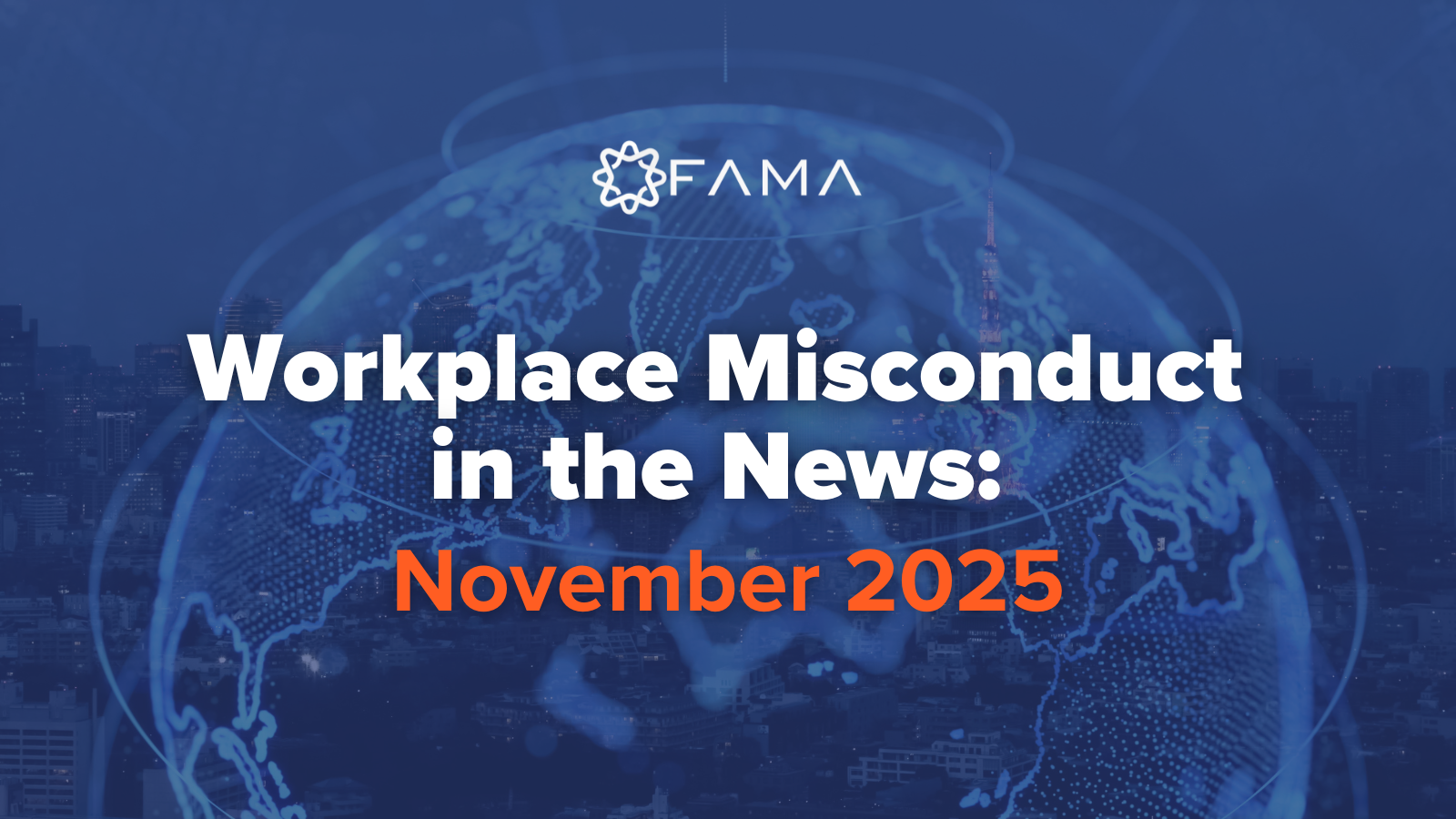Why Should Employers Avoid Screening Social Media by Hand?

Last week, the U.S. Director of National Intelligence, James Clapper, announced that the federal government would begin analyzing the publicly available social media of all applicants seeking a security clearance. This official directive to require social media screening is outlined in a specific policy that was released Friday.
This news is exciting to us for a couple reasons. For one, it should attract some of the country's brightest scientists, engineers and cultural experts to help solve the very difficult problem of automated social media analysis. More importantly, it represents one of the first, large-scale formal policies for this form of talent and workforce analysis. Here's why this is so important.
The trouble with screening social media by hand
Most businesses perform some type of social media screening before hiring someone, and most of those companies do that analysis by hand. Take a look at the General Manager of the Baltimore Ravens. ESPN put out a story earlier this month detailing how the team's general manager analyzes the online identities of every single player the Ravens consider. He prints out the tweets to get the job done.
Beyond the challenges of finding the right person online, or the time it takes to print out and comb through a few thousand tweets, these manual checks present another major issue: they often don't involve the candidate. Informal policies mean that these searches can happen behind closed doors, and as such, candidates typically never know these searches are being performed. That leads employers to make bad decisions and expose themselves to legal and reputational risk.
Employers who do not get a candidate's consent to screen their public online content may never know if a person was joking when they tweeted that offensive comment, or if they had a momentary lapse of judgment when they liked that questionable photo. That's a big problem. As a company, we've seen how subjective social media data can be, and how important it is to involve the candidate in the conversation. Formal policies require candidate consent, and thus create a two-way dialogue.
We're guessing that the government setting this precedent will alleviate private sector concerns about formalizing these policies themselves. This means being FCRA-compliant and involving the candidate in every decision, including granting your candidates the right to challenge any information compiled about them by a third party.
Want to learn more about the differences between manual and automated analysis? Download our PDF to find out how using automated screening provides legal protection for your business, ensures the protection of candidates' rights, saves time and money, and returns a more accurate report.





.jpg)


